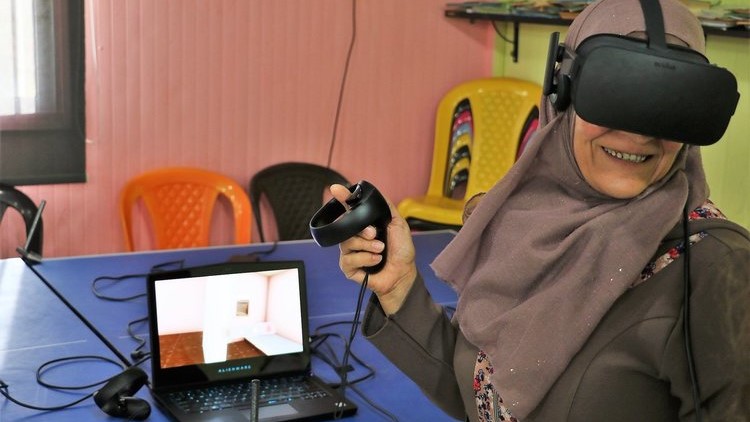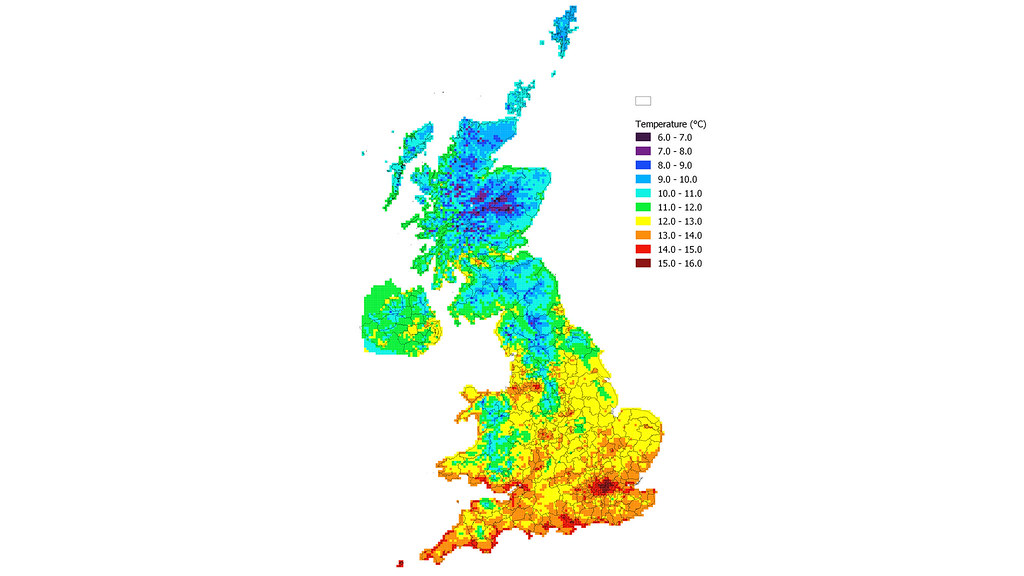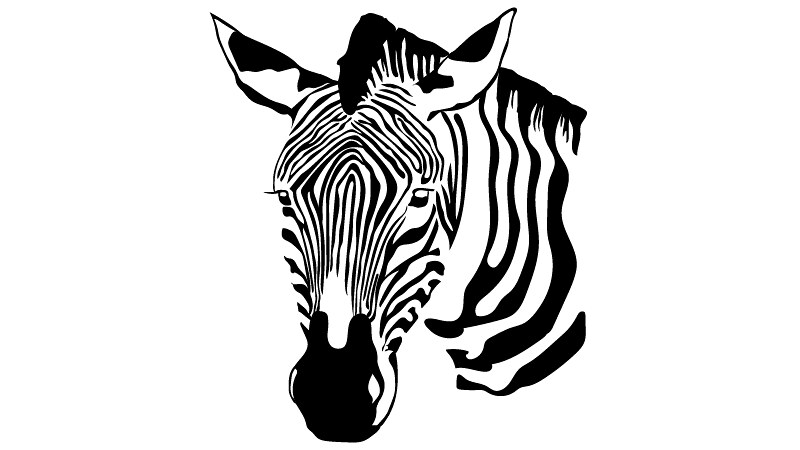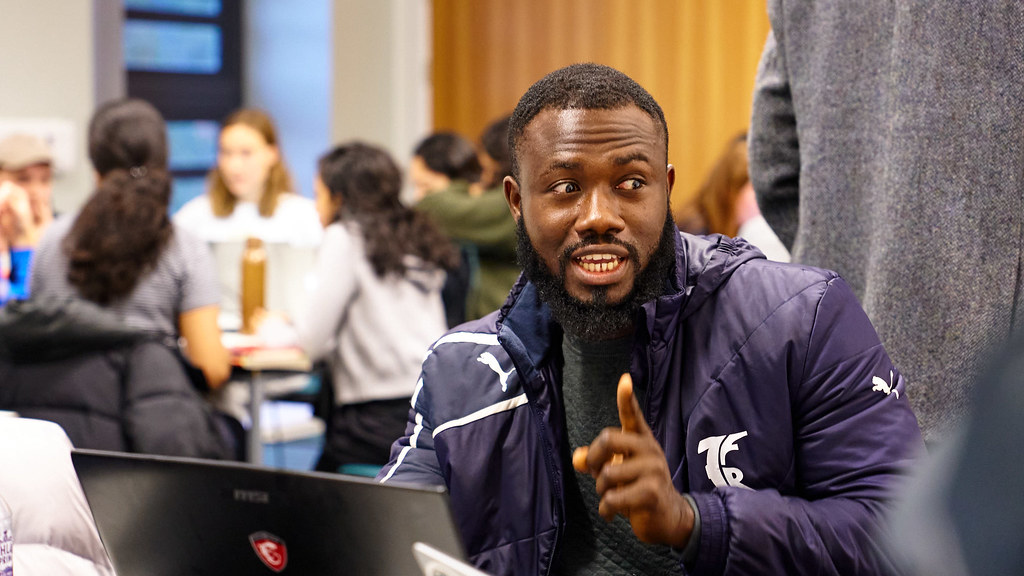Inaugural conference on regenerative futures: engineering, design, systems and communities
Join us to explore regenerative design, including architecture, engineering, and place-making strategies that restore and enhance ecological and social systems.
















